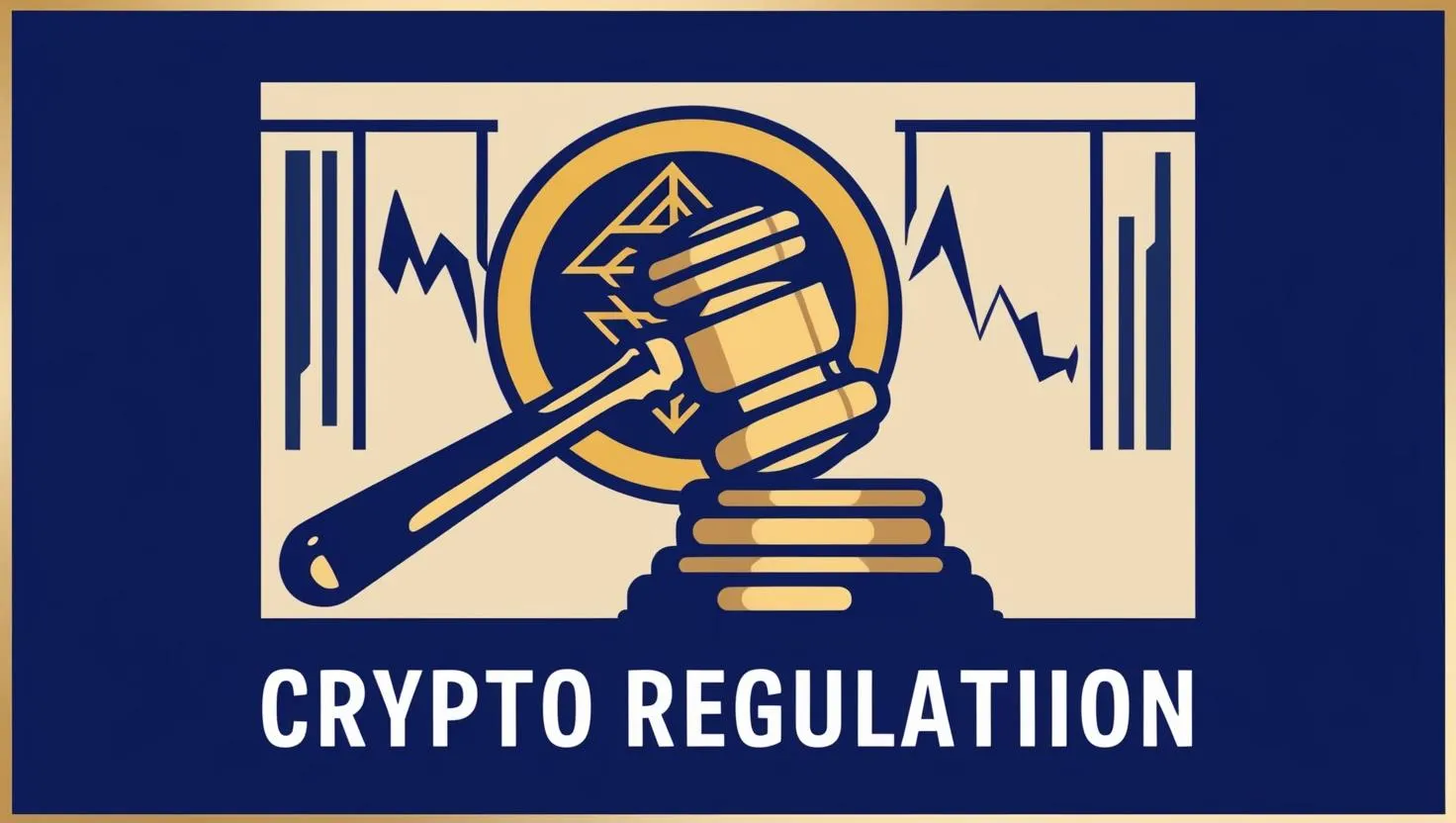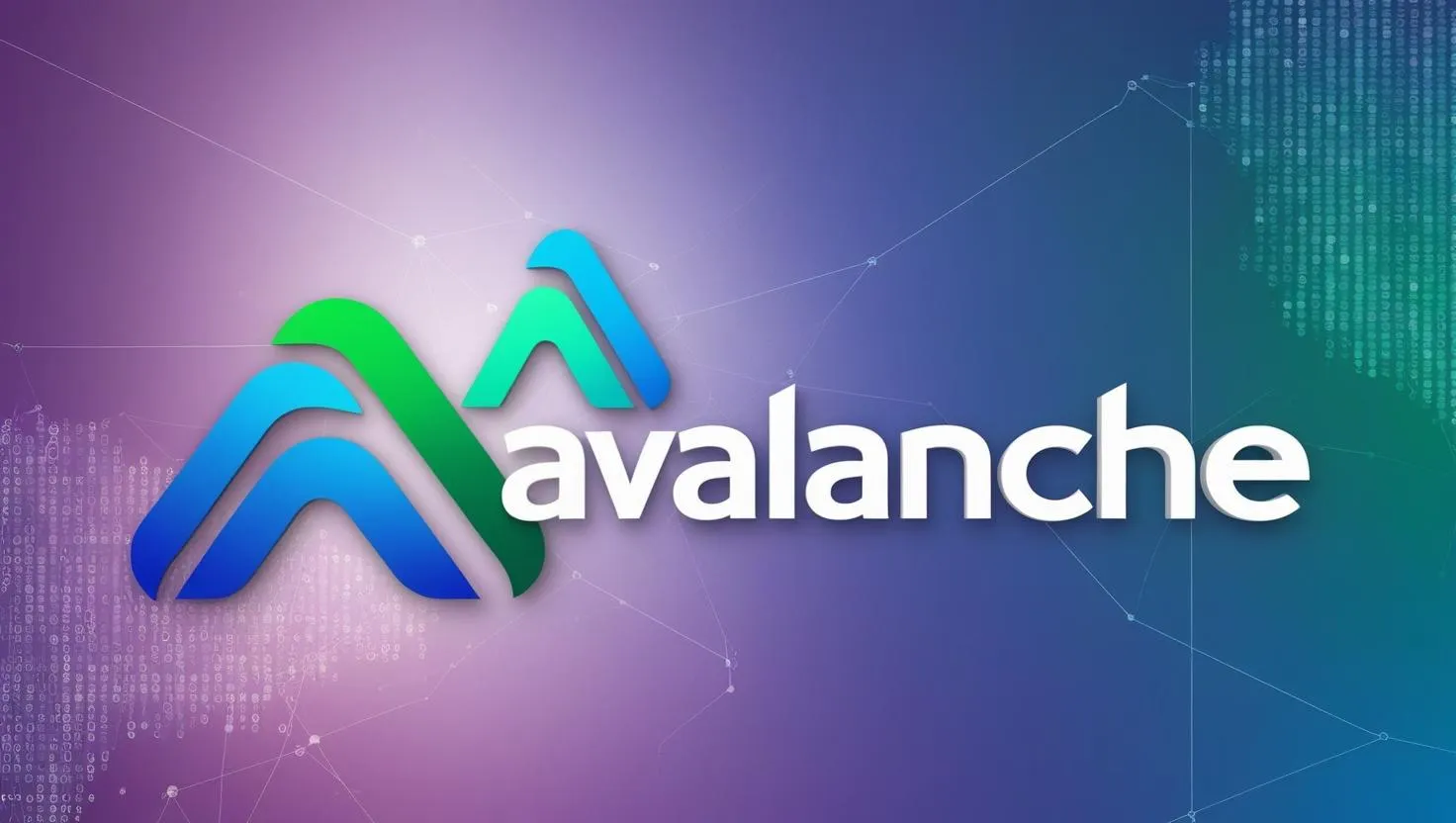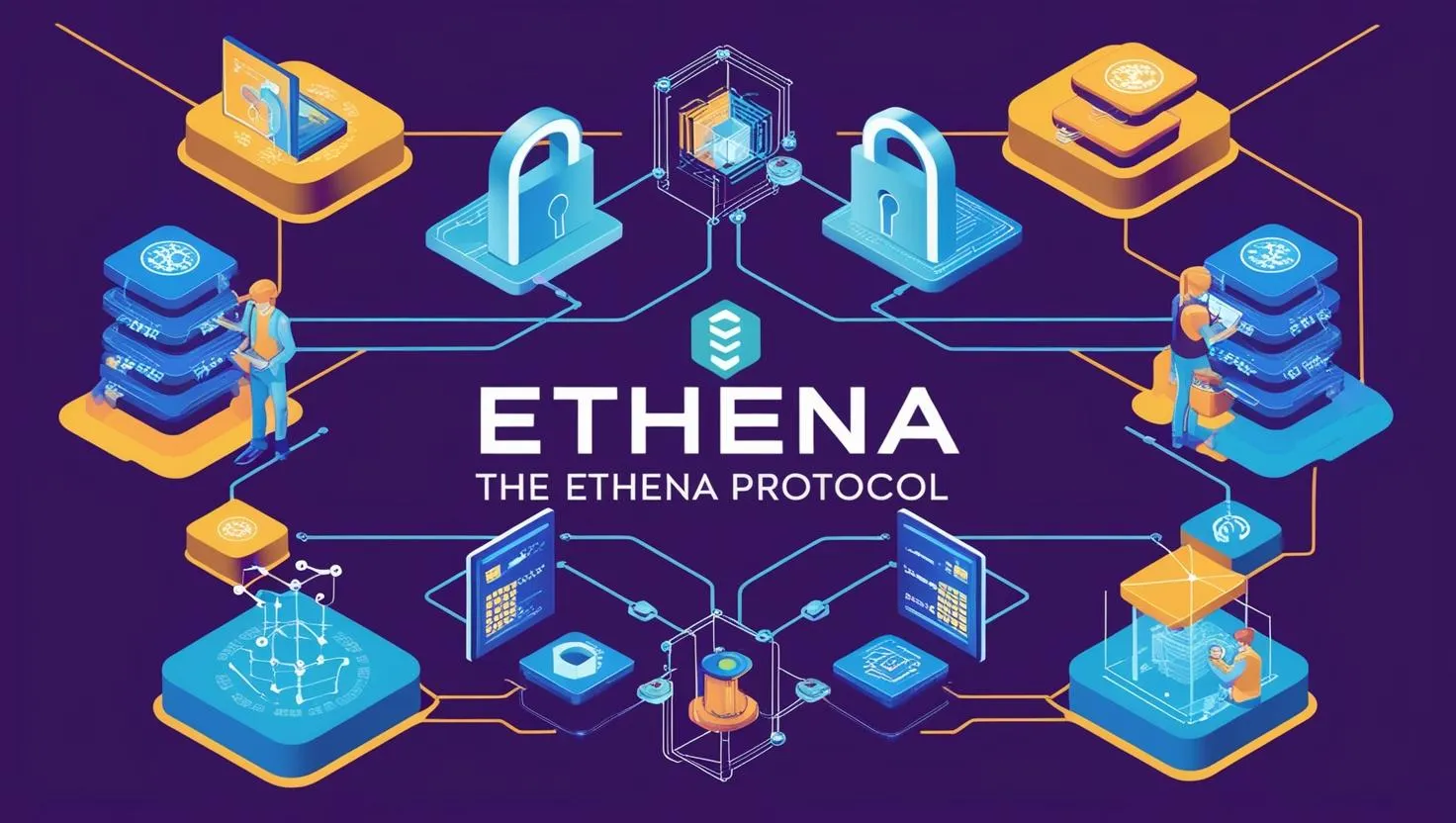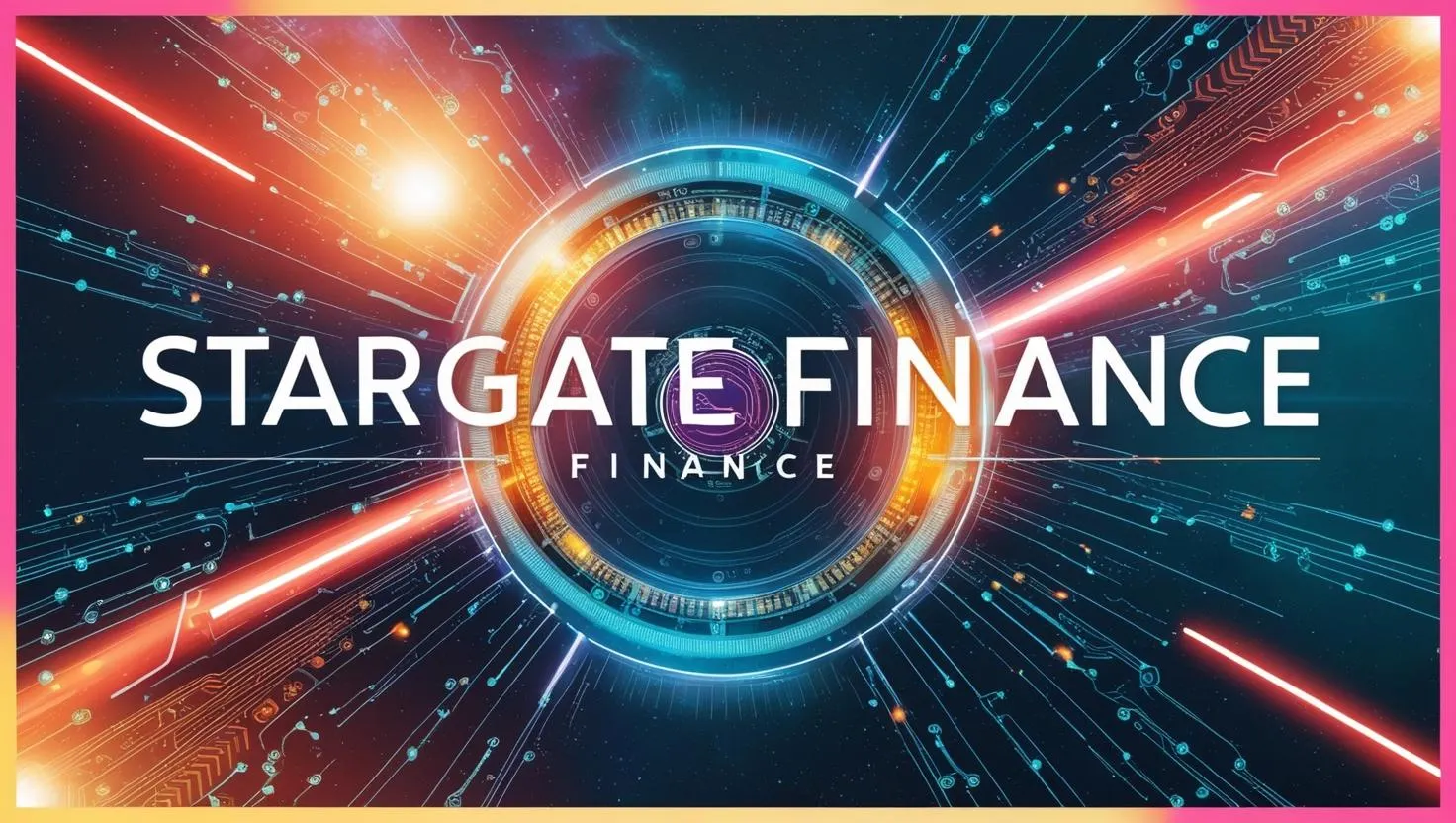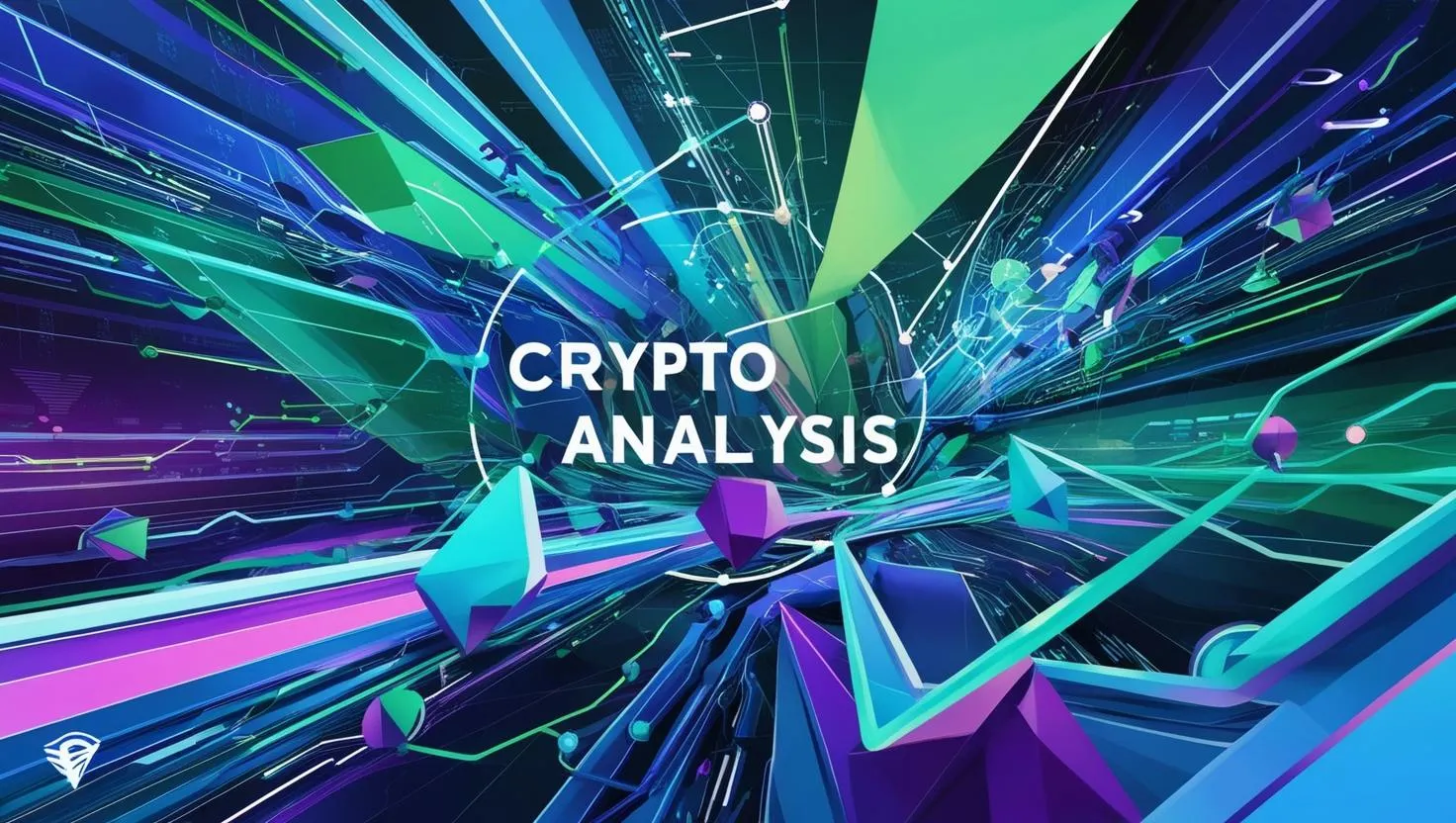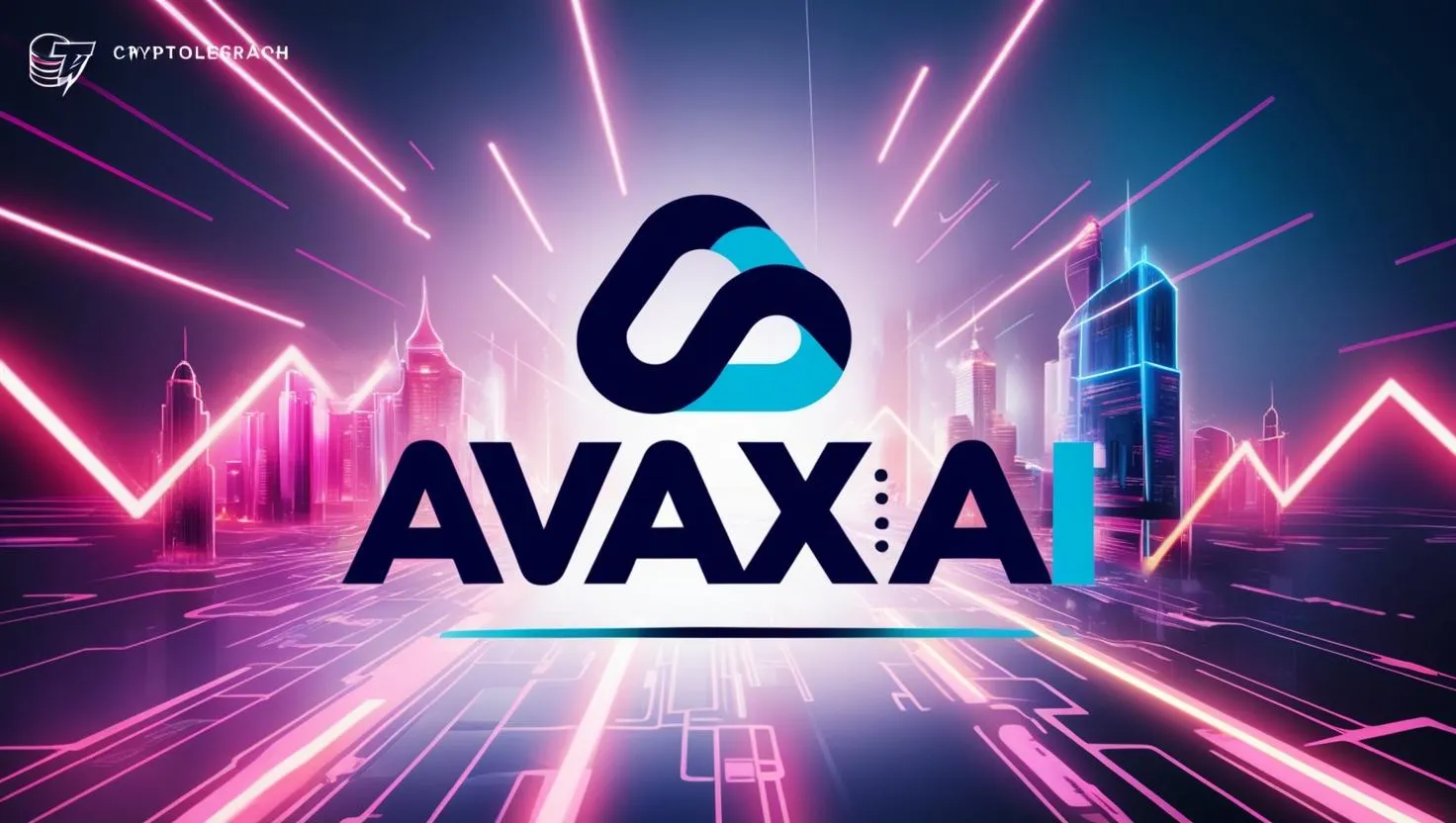Navigating Crypto AML Laws: Balancing Compliance, Privacy, and Innovation in 2025
Anti-Money Laundering (AML) laws for cryptocurrencies aim to prevent financial crimes like money laundering, terrorist financing, and tax evasion by regulating how crypto businesses operate. These laws have evolved to address the unique challenges of cryptocurrencies, such as their pseudonymous nature, global reach, and decentralized structure. Below is a concise overview of crypto AML laws, focusing on key frameworks, requirements, and regional variations, with a critical perspective on their implications.
Global Framework: The Financial Action Task Force (FATF)
The FATF, an intergovernmental body, sets global AML standards for cryptocurrencies. Its 2014 report highlighted risks like anonymity and lack of centralized oversight, leading to recommendations adopted by many jurisdictions.
Key FATF guidelines include:
- Virtual Asset Service Providers (VASPs): Entities like crypto exchanges, wallet providers, and stablecoin issuers are classified as VASPs and must comply with AML regulations. This includes conducting Know Your Customer (KYC) checks, monitoring transactions, and reporting suspicious activities.
- Travel Rule: Introduced in 2019, this requires VASPs to share originator and beneficiary information for transactions above a certain threshold (e.g., $3,000 in the U.S.). As of 2024, 35 of 135 FATF member jurisdictions have enacted Travel Rule legislation, with 27 enforcing it.
- Privacy Concerns: The FATF’s focus on transparency has raised concerns about user privacy, as KYC and Travel Rule requirements can erode the anonymity that attracts many crypto users. Critics argue this could stifle innovation or push activity to unregulated platforms.
United States
The U.S. has one of the most robust AML frameworks for crypto, primarily under the Bank Secrecy Act (BSA) of 1970, updated to include cryptocurrencies.
- FinCEN Oversight: The Financial Crimes Enforcement Network (FinCEN) classifie's crypto exchanges and DeFi platforms as money services businesses (MSBs) since 2013. VASPs must:
- Register with FinCEN and renew every two years.
- Implement KYC and Customer Due Diligence (CDD) to verify customer identities.
- File Suspicious Activity Reports (SARs) for potentially illicit transactions and Currency Transaction Reports (CTRs) for cash transactions over $10,000.
- 2020 AML Act: Part of the National Defense Authorization Act, it expanded BSA definitions to include “value that substitutes for currency,” explicitly covering cryptocurrencies. It also introduced whistleblower awards for reporting AML violations.
- DeFi and Non-Custodial Wallets: FinCEN has extended AML obligations to DeFi platforms using peer-to-peer (P2P) technology, requiring them to comply as MSBs. Proposed rules in 2020 targeted “unhosted” (non-custodial) wallets, mandating identity reporting for transactions over $3,000, though enforcement remains contentious due to privacy concerns.
- Enforcement: Recent actions include a $100 million SEC settlement with BlockFi (2022) for unregistered securities sales and a $10 million fine for Poloniex (2021) for operating an unregistered exchange. In 2023, crypto firms faced over $5.8 billion in fines for inadequate AML programs.
- Critical Perspective: The U.S. approach is criticized for its heavy-handedness, with SEC Chair Gary Gensler comparing crypto markets to the “Wild West.” Some argue that excessive regulation could drive innovation to less-regulated jurisdictions, while others see it as necessary to curb the $33 billion in laundered crypto since 2016, per Chainalysis.
European Union
The EU’s AML framework is shaped by the Anti-Money Laundering Directives (AMLD), with updates like 5AMLD (2018) and 6AMLD (2020) targeting crypto.
- 5AMLD and 6AMLD: These require crypto exchanges and custodial wallet providers to register with national authorities, conduct KYC/CDD, and report suspicious transactions. The 2024 AML Regulation (AMLR) extends obligations to crypto-asset service providers (CASPs) under the Markets in Crypto-Assets (MiCA) framework, mandating CDD for transactions over €1,000 and scrutiny of self-hosted wallets.
- Challenges: AML rules vary across member states, creating compliance complexity. The focus on privacy tools (e.g., mixers, privacy coins like Monero) has sparked debate, with critics arguing that blanket restrictions lack evidence linking privacy to crime.
- Enforcement: The EU is tightening surveillance, using blockchain analytics to track illicit flows. Non-compliance penalties are steep, including fines and license revocation.
Other Regions
- United Kingdom: The Financial Conduct Authority (FCA) supervises crypto businesses under the Money Laundering Regulations 2017. Firms must register, conduct KYC, and submit annual financial crime reports. The FCA’s powers include appointing auditors and issuing directions to prevent money laundering.
- Turkey: Economic instability has driven crypto adoption, prompting the 2021 Crypto Asset Law. VASPs must obtain Capital Markets Board licenses, conduct KYC, and report to the Financial Crimes Investigation Board (MASAK).
- Africa: Regulation is nascent but growing. Nigeria’s 2023 Prohibition of Money Laundering Act mandates KYC for crypto exchanges, while South Africa aligns with FATF standards. Tools like Smile ID’s AML Check are used to monitor illicit transactions.
- Japan: Since 2017, the Payment Services Act requires crypto exchanges to register with the Financial Services Agency and implement AML/KYC measures.
- Australia: The Anti-Money Laundering and Counter-Terrorism Financing Act mandates digital currency exchanges to report suspicious transactions to AUSTRAC.
Key AML Compliance Requirements
Crypto businesses must adopt the following to comply with AML laws:
- KYC/CDD: Verify customer identities using documents like passports or driver’s licenses. CDD involves risk assessments and ongoing monitoring.
- Transaction Monitoring: Use blockchain analytics to detect red flags like large transactions inconsistent with a customer’s profile or use of mixing services.
- Suspicious Activity Reporting: File SARs with authorities when illicit activity is suspected.
- Travel Rule Compliance: Share transaction data between VASPs, though global adoption is uneven.
- Risk-Based Approach: Tailor compliance programs to the firm’s size, location, and customer base.
- Training and Auditing: Designate compliance officers, train staff, and conduct independent audits.
Challenges and Criticisms
- Anonymity vs. Regulation: Cryptocurrencies’ pseudonymous nature makes AML compliance difficult, especially for privacy coins and decentralized exchanges (DEXs), which often evade regulation.
- Regulatory Fragmentation: Varying rules across jurisdictions complicate compliance for global VASPs.
- Overreach Concerns: Some argue AML laws disproportionately target legitimate users, with posts on X claiming the EU’s AMLR restricts privacy tools without evidence of widespread misuse.
- Cost and Resources: Compliance is resource-intensive, particularly for smaller firms, leading some to outsource to RegTech solutions like Elliptic or HyperVerge.
- Illicit Activity Scale: While crypto is used for crime, its share is small compared to fiat. Chainalysis estimates $33 billion in laundered crypto since 2016, a fraction of global fiat-based laundering. Critics question whether heavy regulation is proportionate.
Emerging Trends (2024-2025)
- Stricter Global Standards: FATF and national regulators are pushing for tighter rules, with increased focus on DeFi and NFTs.
- Blockchain Analytics: Tools like Elliptic’s asset-agnostic scoring and Smile ID’s AML Check are becoming standard for tracking illicit flows.
- Privacy vs. Compliance Tension: Debates over privacy coins and non-custodial wallets continue, with some jurisdictions exploring bans.
- AI and Automation: Firms are adopting AI-driven solutions for KYC and transaction monitoring to reduce costs and improve efficiency.
Conclusion
Crypto AML laws are a critical response to the risks posed by pseudonymity and decentralization, aligning the industry with traditional finance. The FATF’s standards, adopted by jurisdictions like the U.S., EU, and others, emphasize KYC, transaction monitoring, and the Travel Rule. However, fragmented regulations, high compliance costs, and privacy concerns highlight tensions between security and innovation. While AML measures curb illicit activity, their proportionality and impact on user freedom remain debated. To stay compliant, VASPs should invest in robust programs and monitor evolving regulations.








